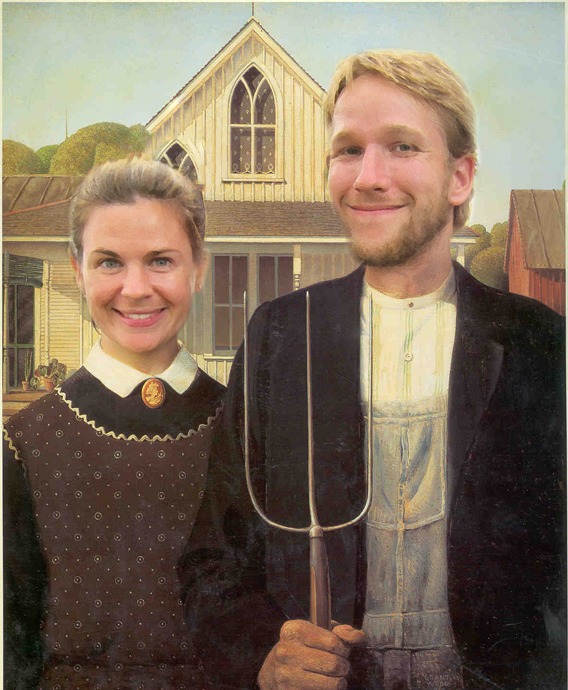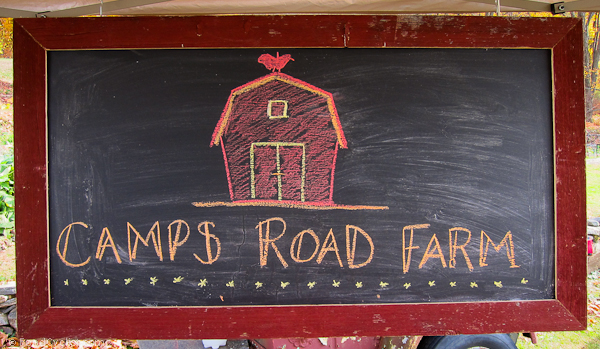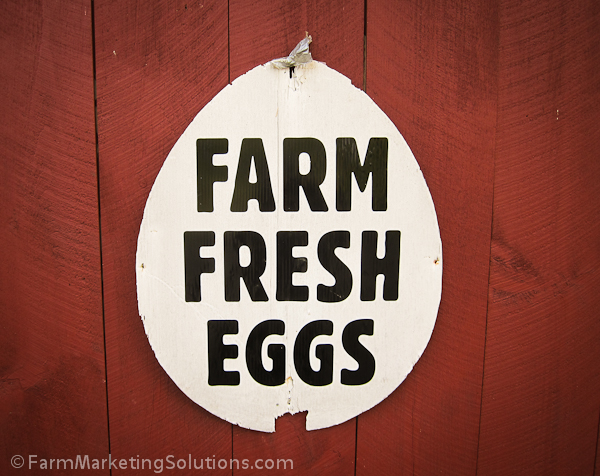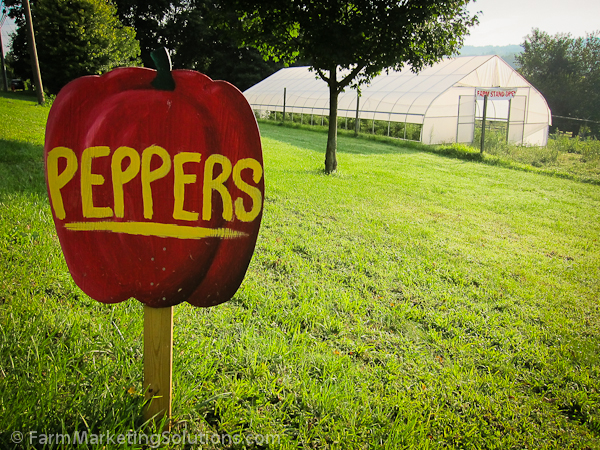GFP047: Creating a marketing plan is easier than you think
/Everything goes smoother when you have a plan. There have been so many unplanned surprises on the farm this year that I am glad my marketing hasn't thrown me too many curve balls. I took the time initially to lay out what I needed to do to market my farm, and now I am executing that plan. I will admit that when I first sat down to create a marketing plan, I found the task to be a little daunting. My marketing plan got a little involved. That is in part because marketing takes a significant amount of effort, and in part because I wanted to focus on it for my How to Start A CSA project.
Once I got everything down on paper it felt good to have a plan of action. Since then I have found it invaluable as far as keeping me focused and on track. When the work on farm wears me down or seems overwhelming the last thing I want to do is to think about how I am going to sell my farm products to people. The only thing I can think about is playing with my daughter and having a beer before bed.
That being said, even on the tough days I have been making an effort to do something to market my farm every day and stick to my marketing plan.
Come to find out, there's more than one way to write a marketing plan. It doesn't have to be scary, it doesn't have to be long, it just has to exist and hit some important point. I brought today's guest on the show to share her expertise on creating a marketing plan specific to your farm.
Right click here to download the MP3
In this farm podcast you will learn:
How to create a one page marketing plan
What elements should be included in a good marketing plan
What each of those elements are and how to define them
What to do with your marketing plan once you have created it
What your plan can do for you
How to make the most out of a wholesale account
Interview with Myrna Greenfield of Good Egg Marketing
Good Egg Marketing is a Massachusetts-based business that specializes in promoting good food and good causes. Good Egg was hatched by Myrna Greenfield, a seasoned marketer with a passion for sharing good food, helping people, and making marketing fun.
A “good egg” is a phrase that is typically used to describe a “good person,” someone who likes to help others.
A good egg is also an egg that is safe to eat and tastes good. And any egg that deserves to be called good should also be humanely and sustainably produced. Good Egg Marketing aspires to be all of these things: helpful, safe, tasty (tasteful), humane and sustainable.
While Good Egg Marketing is particularly devoted to working with businesses and organizations that produce, provide or promote delicious, healthy, sustainable food for all, it offers services to anyone who is a good egg.
Good Egg clients are based in Massachusetts and nationally, and include farms and food enterprises, small businesses, nonprofits, and consultants. Founder and “Top Egg” Myrna Greenfield works with associates in graphic design, web development, video production, and social media to create effective, affordable marketing campaigns.
Greenfield was raised in the Chicago area and is now a proud resident of Jamaica Plain, Massachusetts. She holds an MBA from Simmons School of Management.
Click to view Myrna's Sample Marketing Plan
Items mentioned in this farm podcast include:
Take aways:
What have you been doing to market you farm?
Do you have a marketing plan? What direction does it point you in?
--
Thanks for taking the time to listen in, and let me know what you think. You can leave a comment below, send me an e-mail, reach me on Facebook , or leave a 5 star rating in iTunes if you liked the show.





























































